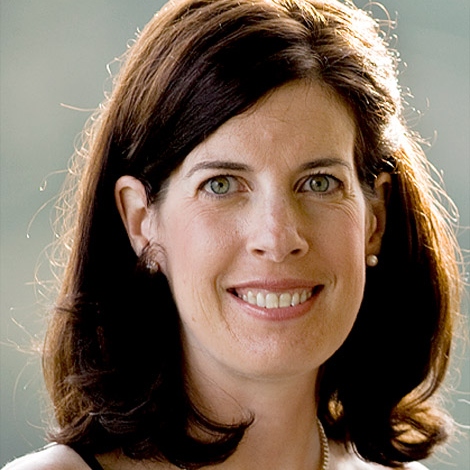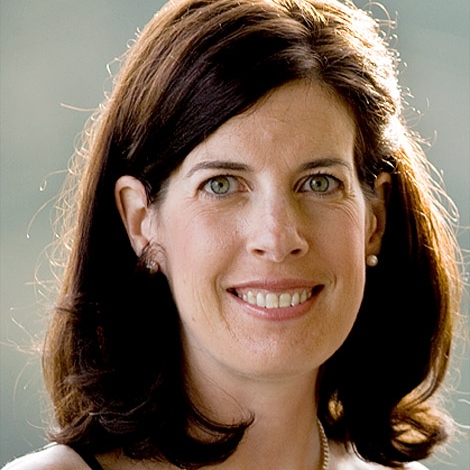 By Shelley Kennedy, MS, CGC
By Shelley Kennedy, MS, CGC
In Part 1, we looked at what genetic testing is and how it helps us understand breast cancer risk. Now let’s turn to the practical side: what to consider before testing, the possible results, how to get tested, and the role of genetic counsellors.
What are some things to think about before having genetic testing?
Learning that you have inherited a gene that increases your risk of cancer can be an emotional experience. Sharing results with family isn’t always easy, especially if relationships are complicated. A genetic counsellor can assist you in this process.
What results are possible on a genetic test?
There are three main possible results that could be reported by the laboratory:
- Mutation (pathogenic variant) found: You have a gene change that increases your cancer risk. The actual risk for cancer and recommended screening depends on which gene is involved, as well as personal and family history factors. Your family members can be offered testing. It is important to note that not every individual with an inherited breast cancer gene will develop breast cancer. The risk is increased but it is not a 100% chance.
- No mutation found: No changes were detected. Your cancer risk is now determined based on your family history of cancer and other personal factors. A “negative” result does not rule out the possibility of developing cancer in the future. Speaking with a genetic counsellor can determine your personalized residual risk.
- Variant of Uncertain Significance (VUS): A change was found, but experts don’t yet know if it raises cancer risk. Your care plan usually won’t change based on this result alone. Your genetic counsellor will typically advise you to check back with them every few years to see if there is an update on the interpretation of your result.
How can someone get genetic testing?
Women recently diagnosed with breast or ovarian cancer can be referred to a Genetics Clinic in their region by their oncologist or primary health care provider. Some clinics accept self-referrals.
Note: People recently diagnosed with breast or ovarian cancer may be offered genetic testing directly by their treating oncologist as the result may impact on treatment decisions.
People who do not have breast and/or ovarian cancer but are worried because of their family history can ask for a referral to a genetics clinic by their family doctor.
Individuals in both scenarios listed above also have the option of pursuing private testing.
A listing of Genetic Clinics in Canada can be found at the Canadian Association of Genetic Counsellors (CAGC) or Genetics Education Canada: Knowledge Organization (GECKO).
Who is eligible for genetic testing (Public vs Private testing)?
In Canada, each province and territory has its own guidelines for who qualifies for free, publicly funded testing. For a listing of all breast screening programs by province and territory in Canada visit GECKO. Factors that influence whether you qualify for testing include: your age at diagnosis, the type of breast cancer, your family history of breast cancer, whether your family is from a higher risk ethnic group (e.g. Ashkenazi Jewish), a diagnosis of ovarian cancer, a diagnosis of male breast cancer.
Public testing: This testing is usually arranged through a genetics clinic and requires a referral by a primary care provider. A list of genetics clinics in Canada can be found at CAGC or GECKO.
These testing criteria aim to identify individuals at the highest likelihood of having or developing an inherited form of breast cancer.
Private testing: If you don’t meet the current criteria, you can pay out of pocket. This is not typically coordinated through a genetics clinic. Some companies require a doctor’s involvement; others offer the test directly to the patient (direct-to-consumer testing).
A few things to consider if choosing a private company/laboratory:
- Does the laboratory hold appropriate certifications standards for patient testing? e.g. Clinical Laboratory Improvement Amendments (CLIA) certification or appropriate provincial licensure bodies for laboratories, board-certification of genetic counsellors and geneticists.
- Does the test look at the right gene(s)? Is the correct type of testing done? The number of genes tested for can vary by laboratory and regularly change. It is the role of the genetic counsellor and geneticist to determine what genes are the correct ones for you. It is important to understand which genes are being tested and what type of testing is used. There have been cases where individuals received a ‘negative’ result, only to later discover—through a different laboratory—that they carried a breast cancer gene that was not included in their original test.
- Does the company provide genetic counselling to help explain the results?
- How will the company protect your privacy? How long will they keep your DNA?
- There is also the option of participating in The Screen Project – a Canadian National initiative to make BRCA1 and BRCA2 screening available to all Canadians over 18 years of age at an accessible price.
How can a genetic counsellor help in this process?
A genetic counsellor is a health professional with specialized training in explaining genetics and helping individuals adjust to genetic information that not only impacts them, but their family.
Genetic counsellors work as part of a healthcare team with geneticists and oncologists to advise you of your individual cancer risk and help develop a personalized screening and prevention plan for you.
Genetic counsellors can help with:
- Deciding if genetic testing is right for you/your family
- Determining who the best person is in a family to have genetic testing to provide an informative result
- Explaining what your result means
- Talking about how results affect your relatives and how to share the information
- If you test positive for a cancer-related gene change, your close relatives (brothers, sisters, children, and parents) have a 50% chance of having the same change. If they decide to have testing and are found to have the same non-working gene, they can take steps to reduce their risk or undergo screening to try and catch their cancer earlier.
It is important to highlight that testing negative for an inherited breast cancer mutation does not guarantee that you will be cancer free for the rest of your life. Your remaining (residual) cancer risk will be based on your personal and family history. As part of your genetic counselling appointment, you will also have the opportunity to discuss patient support resources and options for participating in research studies.
For some people, genetic testing can feel overwhelming, but you do not have to navigate it alone. Speaking with a genetic counsellor and your healthcare team can help you understand your options and create a plan that fits your personal and family situation. Whether or not you qualify for public testing, knowing the facts can help you make decisions that support your health and peace of mind.
Important Note: This information is for general knowledge and does not constitute medical advice. If you have concerns about your risk of breast or ovarian cancer, consult with a healthcare professional for personalized guidance.
Resources:
GECKO
Canadian Association of Genetic Counsellors
National Cancer Institute
The Screen Project
Shelley Kennedy is a Board-Certified Genetic Counsellor with over 21 years of clinical experience. Over the course of her career, she has worked in Canada, Australia, Saudi Arabia, and Qatar. She is a strong advocate for patient health and believes that knowledge is essential for making informed decisions that are right for each individual.







